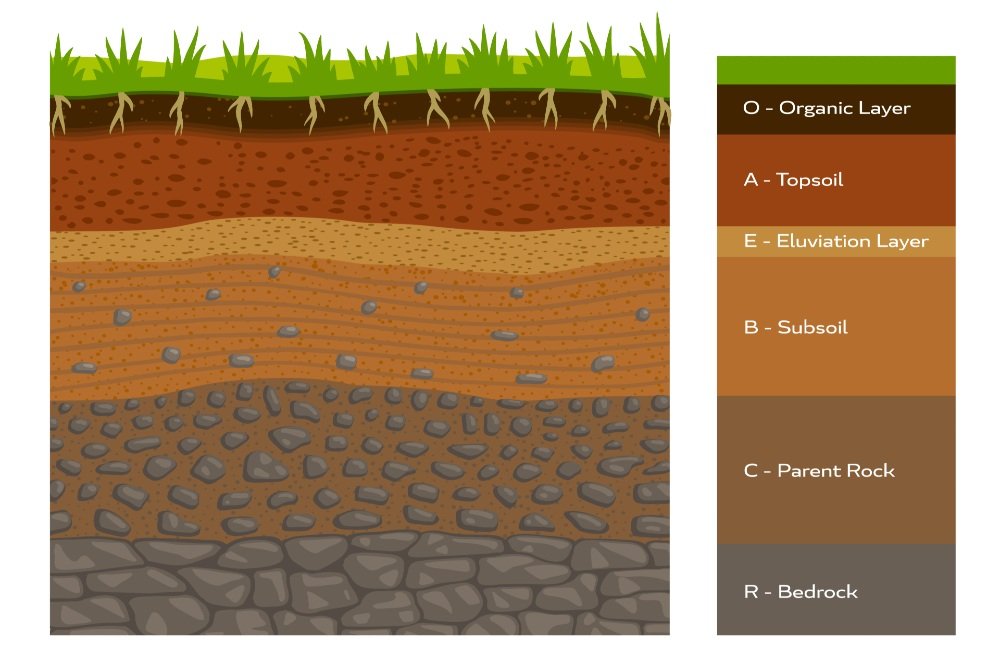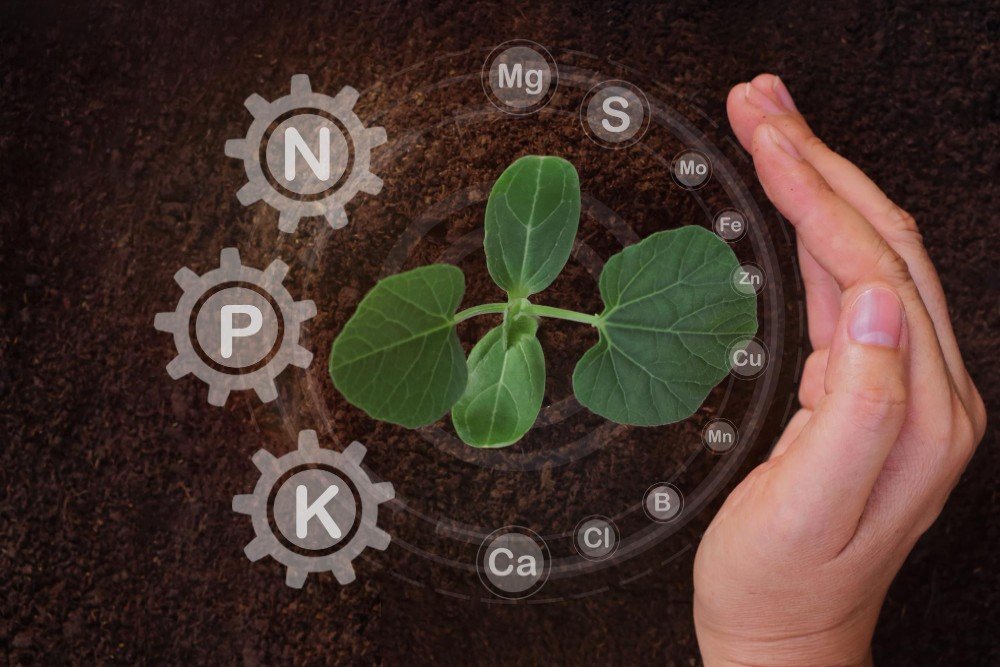Gardening is merely a hobby for me. It is my source of joy and way of life; this is how I connect with nature. When I see any of the plants suffering and unable to grow healthy, it hurts my mind. I feel like all the effort and time I put into caring for the greens are valueless. Do you ever feel the same?
I am proposing a solution here to this issue: soil amendment. The term might sound peculiar, but the approach effectively boosts the health of the struggling plants. Because I have had many positive experiences with this soil improvement technique, I feel that I am bound to inform you of the benefits of soil amendments. Here, I describe those. Let’s start.
Understanding Soil Amendment
First of all, you need to understand that soil amendment is not applicable to potted plants as you already use optimized soil. This soil improvement technique is more applicable for the garden plants you grow on the bed.
In its process, depending on the issue, you add organic or inorganic substances to import necessary modifications in the soil’s structure, texture, fertility, nutrients, etc. For example, if you find that certain plants on a bed are not growing as expected, and you identify the reason behind such happening is that the soil is failing to hold moisture.
The possible cause is that the soil lacks adequate voids, impacting its impermeable capacity. In this case, you need to apply a soil amendment strategy. Following this, you lessen the compactness of the respective soil deposition.
Soil Amendment Types
The following table informs you of different types of soil amendments based on the improvement needs.
| Soil Amending Types | Techniques |
| Fixing organic matters | Addition of compost, worm compost, manure, beneficial microorganisms, or leafy mold |
| Nutrient fixation | Addition of nitrogen, phosphorus, potassium, etc. |
| pH adjustment | Adding lime or sulfur |
| Water retention increase | Using coconut husks, compost, etc. |
| Soil structure enhancement | Adding coarse sand, compost, pea gravel, etc. |
| Yield increasing | Appropriate nutrient addition |
| Environmental sustainability | Carbon sequestration |
Must-mention Soil Amendment Elements
A wide variety of soil amendment elements are available. You need to choose a suitable amending element based on the issue with the soil and its characteristics. Below are some of the most common soil amendment elements.

Using Compost
If the soil is unsuitable for growing roots, you must use compost as a soil amendment. It adds nutrients to the soil and improves its density. Compost also develops strong bonds between soil particles.
Coarse Sand
You can use coarse sand to improve the drainage capacity of the soil. But you must ensure it is not the play sand and the respective soil bed is temporarily generated for growing a particular plant.
Wooden Dust
It is applicable for clay and highly compacted soil’s structure development. Wooden dust imports impermeability and loosens the soil. However, a high quantity of use can cause obstruction of drainage.
Vermiculite
This soil amendment element boosts young plant’s health substantially. To do so, it facilitates water retention and nutrient push. However, you should apply this if the soil is sandy.
Sulfur Acidifier
A sulfur acidifier is the best soil amendment element if your garden has too many alkaline characteristics in its soil. It reduces the acidic chemistry of the soil while providing various micronutrients.
Animal Bone & Blood
Yes, you can use animal bones and blood to improve soil health. These provide extra nitrogen supply to plants of vegetables and fruits. These become more effective if you add phosphate and calcium.
Lime
If your garden’s soil is low in pH, it definitely won’t be able to supply nitrogen, phosphorus, etc. You can add garden lime to boost the soil’s pH level as a resolution.
Worm Compost
It effectively improves the soil’s water retention capacity and nutrients. This soil amendment item is applicable to every type of soil.
Other Soil Amendment Elements
Apart from the elements mentioned above, some other highly effective soil amendment elements exist. There are pea gravel, ashes, sulfate, cottonseeds, coconut husks, straw, and so on.
Advantages of Soil Amendment
I am sure that you already know the core benefit of soil amending. Here, I discuss some other benefits of soil amendment while breaking down the soil-improvement benefit.

Suitable Water Retention
Every type of plant does not require the same water content. This also applies to soil characteristics; every soil type does not have the same water-retention property.
So, depending on the soil and plant type, there is a particular requirement regarding water retention. In this case, soil amending can lower or increase the water retention property of the soil.
Enhanced Soil Fertility and Structure
Soil amending increases the nutrients within the soil. It also makes the soil structure suitable for a particular plant by porosity for air and water content penetration.
The fertile and well-structured soil later boosts the health of the whole plant.
Adjustment of pH
Different plants require different pH levels. For example, roses need 6.5 to 7 pH, but blueberries require a pH level of 3.5 to 5.5. Here, after harvesting the blueberries, if you want to use the respective portion of the garden for the roses, you have to increase the pH level. Soil amendment can do that easily.
Reduced Soil Compaction and Erosion
If the soil is too loose, it won’t tolerate the water pressure during the irrigation. On the other hand, if the soil is too compacted, it won’t be able to hold its permeable characteristic, and the roots will suffer due to lack of air and water. For both of these issues, soil amending is a crucial solution.
Decreased Soil-born Diseases
Soil amending is adequate to reduce the orientation of soil-born diseases. The associated microorganisms in the emending element fight against these diseases. Finally, it supports the growth of the plant.
Environmental Sustainability
Well, this applies only to organic soil amending. By boosting the soil’s health, soil amending reduces the dependency on fertilizer and other chemical-based gardening substances to ensure the good health of the plants. In this way, soil amending also allows you to contribute to the environment’s sustainability retention.
End Note
I expect, from now on, you will be able to utilize the benefits of soil amendment. This knowledge will help you to choose the suitable soil amending element to address the issue of the degradation of your plants and blooms.
Finally, before deciding on any particular soil improvement element, I suggest you do a lab test of the soil to know the actual problem. The test result will help choose the most suitable and applicable soil amending element.


